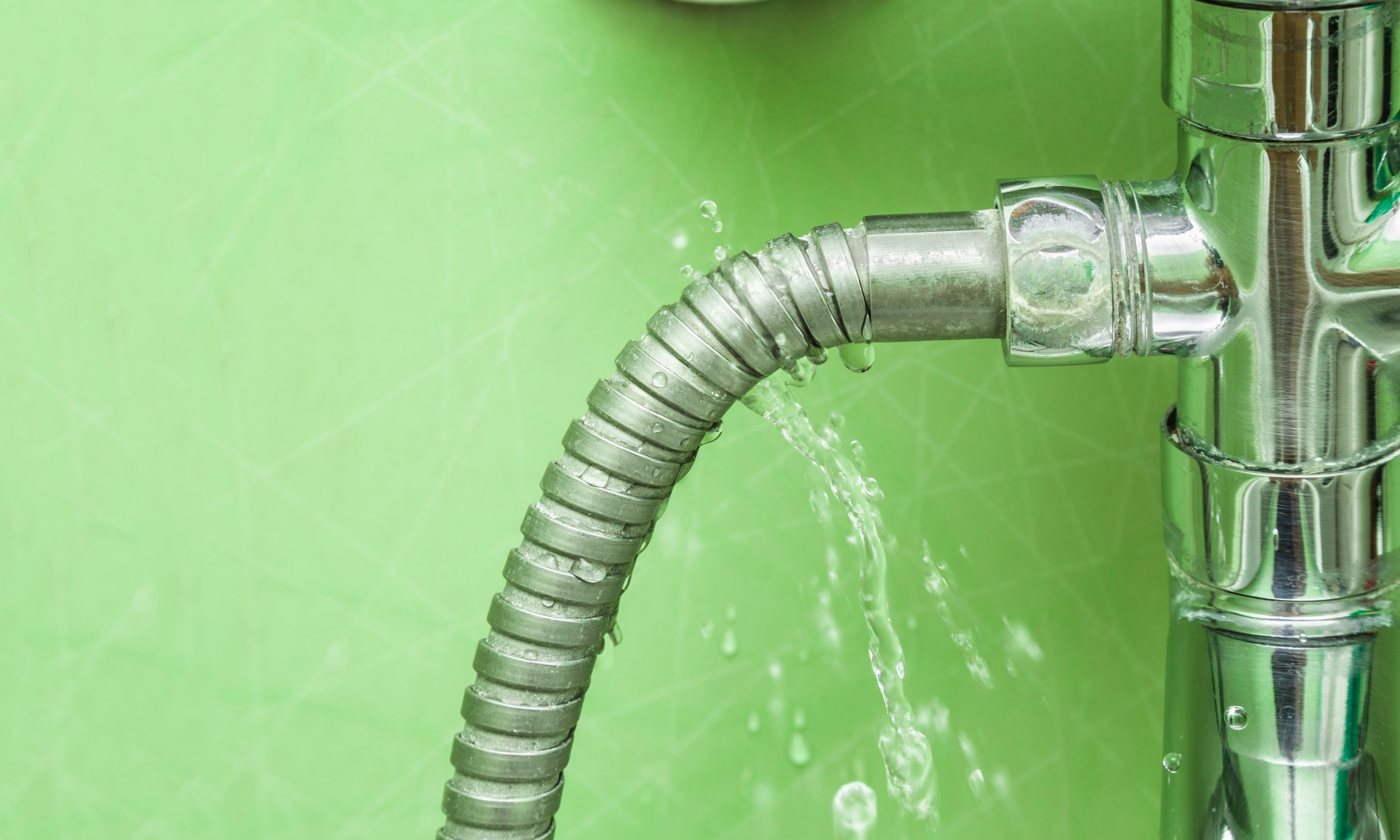SEVEN WAYS TO WINTER-PROOF YOUR HOME
This post is sponsored by Cummins, Inc. All opinions are my own.
The beautiful, crisp autumn weather will soon give way to winter's cold temperatures. Whatever your budget, there are a number of things you can do to prepare your home for the winter. Winter-proofing not only keeps you comfortable during the cold winter months, but also saves you money and provides peace of mind. Here are seven tips to get your home winter-ready.
Install smart moisture sensors and consider a smart thermostat
Water leaks are a huge concern for homeowners. Place a smart moisture sensor in the basement to detect flooding or under the sink to ensure a small leak doesn't turn into a massive headache. Investing in a smart thermostat can reduce your energy consumption and, in turn, energy costs. The beauty of a smart thermostat is the system will learn your habits and schedule, so you don't need to program usage times that may not be accurate.
Replace filters and service your HVAC system
To ensure the efficiency of your HVAC system, be sure to replace your filters. Dirty filters will block airflow and increase your energy consumption. Replace your filters on a regular basis – at least once a quarter – to ensure your system operates at optimum performance and reduce heating expenses.
Redirect your ducts for winter use
Adjusting your air ducts based on the season keeps your home comfortable and sends air where it is most needed. HVAC dampers should direct the heated air to lower parts of the home in the winter time. Proper airflow to the right parts of your home can also reduce energy costs.
Invest in a standby generator
Investing in a standby generator requires planning, however, it's one of the best ways to winter-proof your home. During power outages, keeping your electricity running means that you don't have to worry about frozen water pipes or the added expense of hotel stays because your home is too cold to safely stay in. A permanently-installed standby generator is connected to an external fuel source like natural gas and will kick in automatically, even when you're not home.
Insulate pipes
If your home has exposed water supply pipes, insulate them to prevent them from freezing. Pipes in crawlspaces can freeze and burst causing major damage. Insulating these water pipes can also help save energy by preventing heat loss as water travels through the pipes.
Disconnect garden hoses & clean your gutters
Disconnect garden hoses from outdoor valves to prevent the water from freezing and causing damage to the faucet and plumbing line. Inspect and clear your gutters of leaves and debris to ensure proper drainage. It's a task that only requires elbow grease and your time, but it can prevent clogged gutters which cause damage from your fascia to your foundation.
Seal gaps around doors, windows and garage doors
Sealing windows, exterior doors and garage doors will keep your home cozy during the cold winter months. Sealants, caulk, or weather-stripping remedies drafty doors and windows. Garage door rubber seals will flatten or crack over time. Purchase a cold-weather seal for the bottom of the garage door as well as weather-strips if you notice gaps around the door.
Preparing your home for winter saves you money and the headache of dealing with damage that could have been prevented. Even with all the winter prep, unforeseen issues can pop up. If your home does suffer significant damage, make sure to document the damage for insurance purposes with photos and videos.








